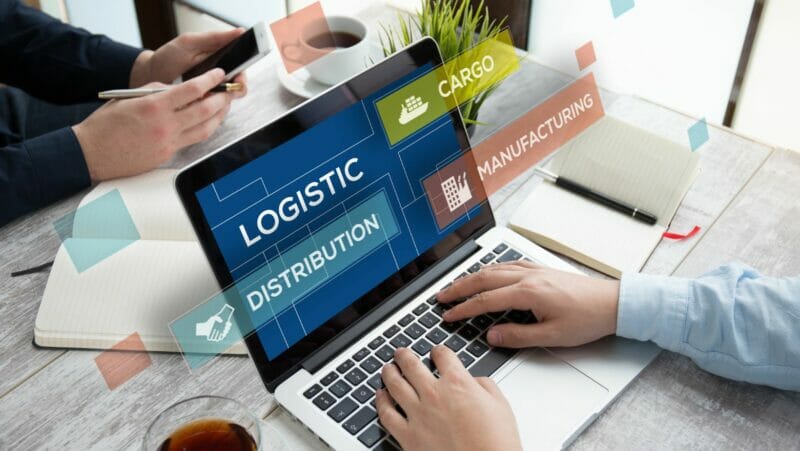
In the business world, logistics is the process of organizing and managing the transportation and storage of goods. It includes everything from planning shipments to tracking inventory levels. Logistics software is a type of application that helps businesses streamline these processes.
There are many different types of logistics software on the market, each designed to address specific needs.
What is Logistics Tool?
A logistics tool is a software application or system that helps businesses streamline their logistics processes. These tools can automate and optimize tasks such as planning shipments, tracking inventory levels, and managing suppliers.
How Does Logistics Software Work?
Logistics software typically works by integrating with other business applications, such as accounting and inventory management software. This allows businesses to share data between applications and get a complete view of their logistics operations.
CartonCloud is a fully-featured 3PL WMS. Our Android and iOS apps allow you to scan-pick products ensuring the correct stock leaves the warehouse while providing clients with a real-time view of order progress, stock levels and much more.
What are the Benefits of Logistics Software?
There are many benefits of using logistics software, including:
Improved efficiency: Logistics software can automate tasks and help businesses manage their operations more effectively. This can lead to improved efficiency and reduced costs.
Improved visibility: Logistics software can provide businesses with real-time visibility into their operations. This can help businesses identify and resolve issues quickly.
Improved customer service: Logistics software can help businesses improve their customer service by providing up-to-date information on shipments and delivery status.
What are the Different Types of Logistics Software?
There are many different types of logistics software on the market. Some common types include:
Shipment tracking software: This type of software helps businesses track shipments and delivery status. It can provide real-time updates on the location of shipments and estimated delivery times.
Inventory management software: This type of software helps businesses track inventory levels and manage stock. It can also help businesses plan shipments and optimize their supply chain.
Transportation management software: This type of software helps businesses plan and manage their transportation operations. It can help businesses route shipments, track vehicles, and schedule deliveries.
Supplier management software: This type of software helps businesses manage their suppliers. It can help businesses track supplier performance, negotiate contracts, and manage payments.
How to Choose the Right Logistics Software
There are many factors to consider when choosing logistics software. Some of the most important factors include:
The size of your business: The type of software you need will depend on the size of your business. Small businesses will typically need less complex software, while larger businesses will need more comprehensive solutions.
Your business needs: You should choose software that meets the specific needs of your business. Consider the type of products you ship, the size of your shipments, and the distance they travel. You should also consider your business’s unique shipping requirements, such as time-sensitive deliveries or hazardous materials.
Your budget: The cost of logistics software can vary depending on the features and functionality you need. Be sure to consider your budget when choosing software.
Conclusion
Logistics software is a type of application that helps businesses streamline their logistics processes. There are many different types of logistics software on the market, each designed to address specific needs. The most common uses of logistics software include shipping management, inventory management, and supplier management. Logistics software can provide businesses with real-time visibility into their operations, helping them to improve efficiency and resolve issues quickly. When choosing logistics software, businesses should consider the size of their business, their specific needs, and their budget.











